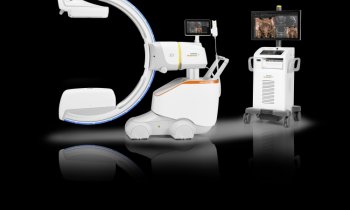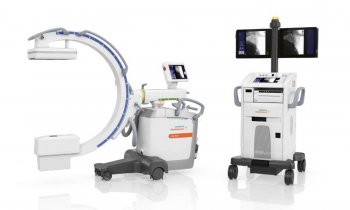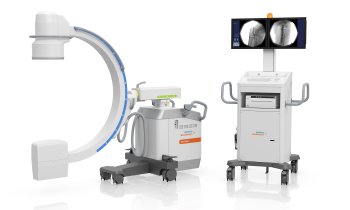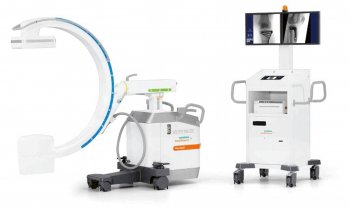
© VadimGuzhva – stock.adobe.com
News • Landmark surgery trial
Gastric bypass, sleeve or band? Study weighs up surgical options for severe obesity
Gastric bypass is the most clinically and cost effective form of interventional surgery for people living with severe obesity, reveals landmark research.
The new University of Bristol-led trial, funded by the National Institute for Health and Care Research (NIHR), is published in The Lancet Diabetes & Endocrinology.
Current national guidelines recommend surgery is considered for people living with severe obesity. In the UK and worldwide, Bypass and Band were commonly performed when the trial started. A third operation, Sleeve started to be performed more often during the first two years of the trial and was then included. Researchers found Bypass to be most clinically effective for patients and to provide the best value for money for the NHS three years after surgery. Patients were recruited from 12 UK hospitals between 2013 and 2019.
Based on the trial findings, we recommend patients electing to have bariatric and metabolic surgery are advised to have Bypass. Sleeve should be a secondary option when Bypass is not possible
Jane Blazeby
Jane Blazeby, Professor of Surgery at the University of Bristol, who led the trial, said: “Based on the trial findings, we recommend patients electing to have bariatric and metabolic surgery are advised to have Bypass. Sleeve should be a secondary option when Bypass is not possible. Our evidence does not support Band as standard treatment for people living with severe obesity. The hard work undertaken by all the study participants, surgeons, nurses and dieticians means we now have reliable information to inform NHS practice. The next challenge is for surgical teams to work with researchers and physicians to conduct a new study that compares surgery to weight loss drugs to create evidence to understand they compare surgery in terms of weight loss, quality of life and costs.”
Professor Danny McAuley, Scientific Director for NIHR Programmes, said: "Obesity is one of the biggest challenges facing us globally and in the UK. This treatment will help save lives and improve the quality of life for patients, while providing better value for money for the NHS. NIHR funded trial results provide vital evidence that gastric bypass improves the quality of life for UK patients and help clinicians and those providing NHS and care services choose the best treatments. The findings demonstrate how our life changing NIHR research, funded by the public, has impact to support the health and care sector to achieve more effective and efficient use of resources.”
The study found that 68% (276) participants randomised to Bypass achieved at least 50% excess weight loss after three years, compared to 25% (97) for Band and 41% (141) for Sleeve. On average trial participants lost 26.5kg (just over 4 stone). Some people lost as much as 98 kg (over 15 stone). There were a few that gained weight (<10%). Bypass led to a greater reduction in comorbidities, such as high blood pressure and diabetes. Bypass was found to be the most cost effective option when taking into account patients’ quality of life using a standard UK cost threshold applied by NICE. So, although Bypass was a more costly operation initially, it led to better quality of life and lower healthcare costs after three years compared to the other two surgeries.
Based on this evidence, it is recommended that patients electing to have metabolic and bariatric surgery are advised to have a Bypass, researchers say. Where contraindicated or unfeasible, Sleeve should be offered. This evidence does not support Band surgery as standard treatment for severe obesity, they add. Researchers also say it is now important to compare surgery with obesity management medications (OMMs) to provide evidence to optimally inform patients, surgeons and the NHS.
The By-Band-Sleeve trial was funded by the NIHR’s Health Technology Assessment Programme.
Source: University of Bristol
03.04.2025











